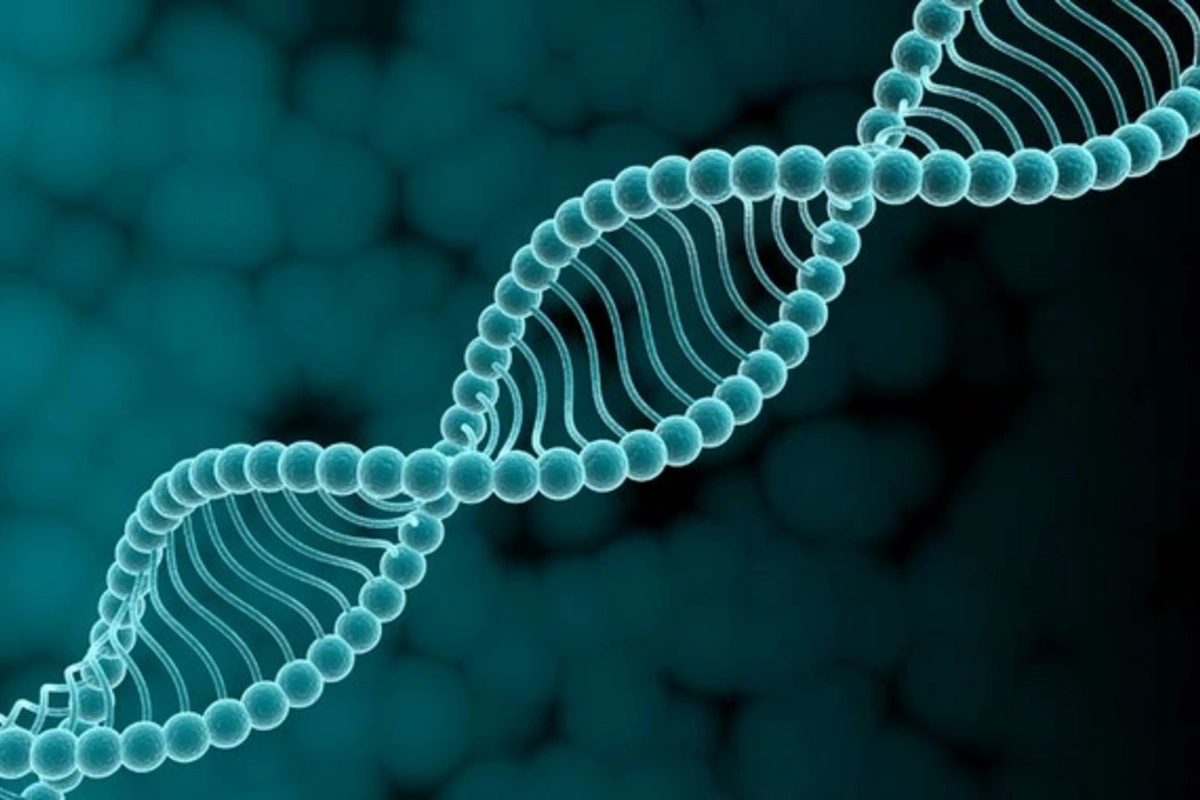13 May , 00:01
0

Breakthrough in biotechnology: artificial intelligence creates functional DNA molecules for gene control for the first time
Spanish scientists from the Center for Genomic Regulation have made a revolutionary discovery in the world of biotechnology. For the first time in history, artificial intelligence independently designed DNA molecules capable of effectively controlling gene activity in living mammalian cells.
AI developed special DNA regions - enhancers, which are sequences of genetic symbols (A, T, C, G) about 250 nucleotides long. These unique fragments act as molecular switches, allowing precise activation or deactivation of specific genes in particular cell types, for example, directing stem cells to transform into erythrocytes. In essence, scientists have achieved true cell programming at the molecular level.
The enhancers synthesized by artificial intelligence were chemically recreated and delivered to the blood cells of laboratory mice using viral vectors. To visually demonstrate the system's operation, researchers programmed the activation of genes responsible for fluorescent protein synthesis. Experiments confirmed the exceptional accuracy of the technology: target genes were activated precisely in the cells for which they were intended.
Dr. Robert Fromel, the lead author of the study, emphasizes that the new development provides scientists with unprecedented capabilities for controlling cellular activity and could become the foundation for innovative methods of treating diseases associated with genetic disorders, including cancer and autoimmune pathologies.
To train artificial intelligence in the "language" of cells, the scientific team analyzed thousands of experiments, studying the mechanisms of interaction between enhancers and transcription factor proteins. Over a five-year period, researchers created an impressive collection of more than 64 thousand artificial enhancers – the largest in world science.
During the research, it was discovered that most enhancers regulate gene activity on the principle of "volume," increasing or decreasing gene expression. However, scientists discovered an unexpected phenomenon: some combinations of factors that typically activate genes suppressed their work when acting together. This phenomenon, called "negative synergy," became an important discovery and significantly improved the accuracy of AI predictions when creating new sequences.
In the future, this technology could become a cornerstone of personalized medicine, allowing the activation of necessary genes exclusively in affected cells without unwanted side effects. The scientific team is already working on improving artificial intelligence to create more complex genetic constructs, which opens the way to a deep understanding and control of cellular processes.